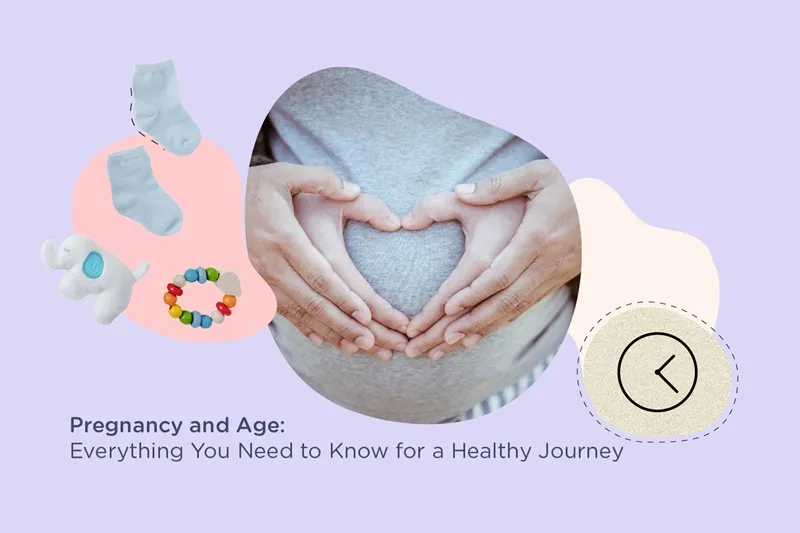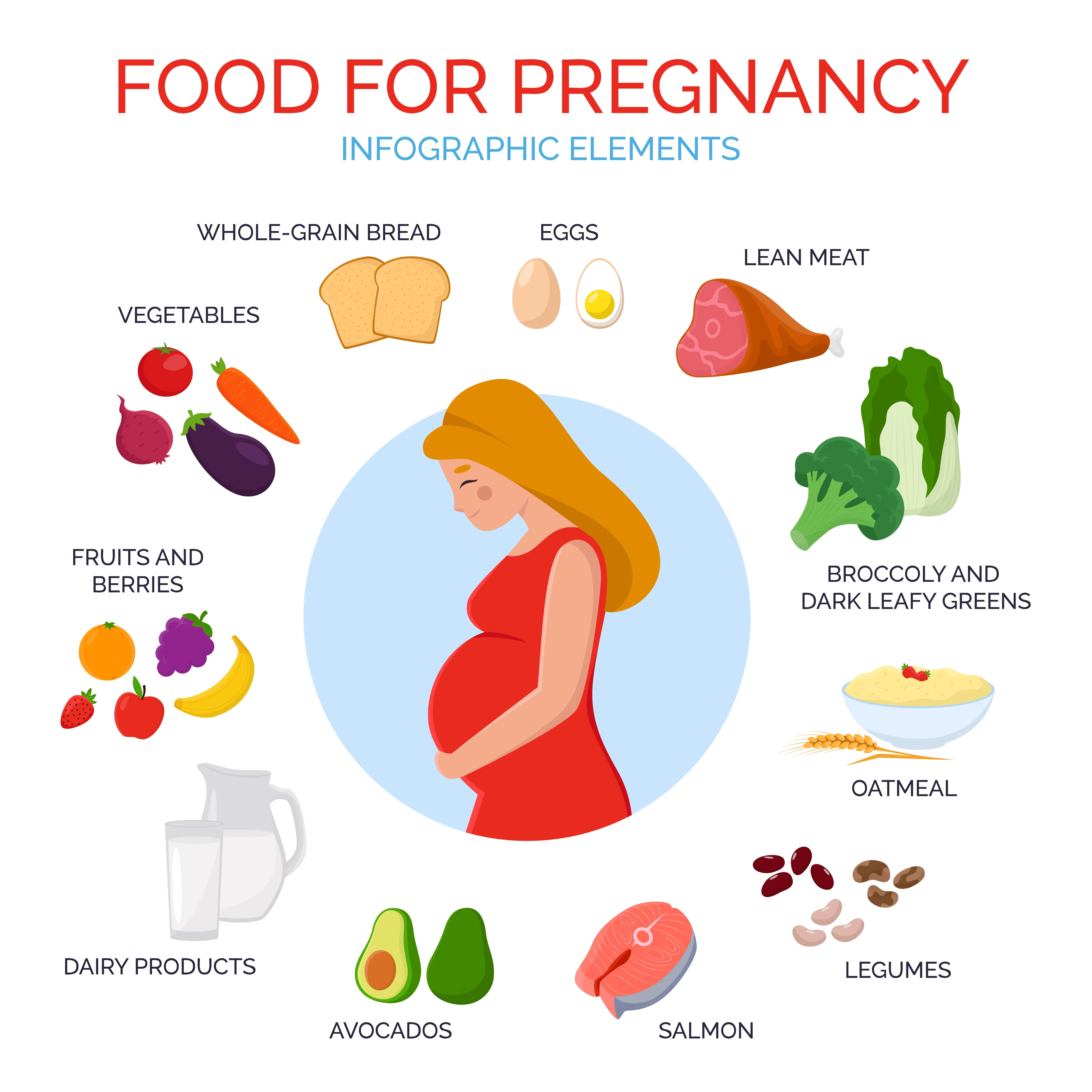Pregnancy

Understanding Head Circumference (HC) in Pregnancy: What It Means and Why It Matters
September 25, 2025...

Celebrating Diwali While Pregnant: 6 Safety Tips for a Joyful Festival
October 21, 2024Diwali is a time for celebration, joy, and togetherness with friends and family. It’s the m...

Pregnancy and Age: Everything You Need to Know for a Healthy Journey
August 9, 2024Very few understand that conceiving a child and becoming parents is a very special and also a ver...

Bladder & Bowel Issues During Pregnancy
February 10, 2024Pregnant and always looking for a washroo...

10 Tips to Prepare for a Healthy Pregnancy After Miscarriage
January 22, 2024Going through a miscarriage can be an incredibly painful and emotion...
Pregnancy Calculator













.jpg)

